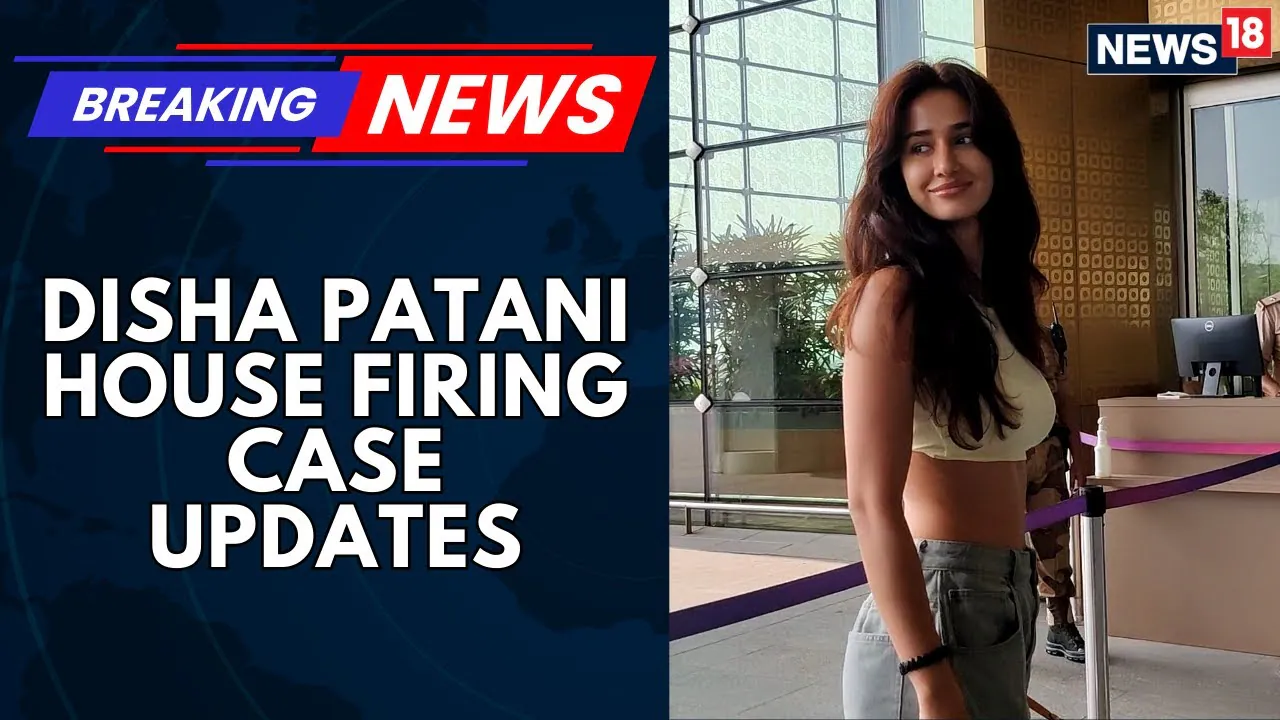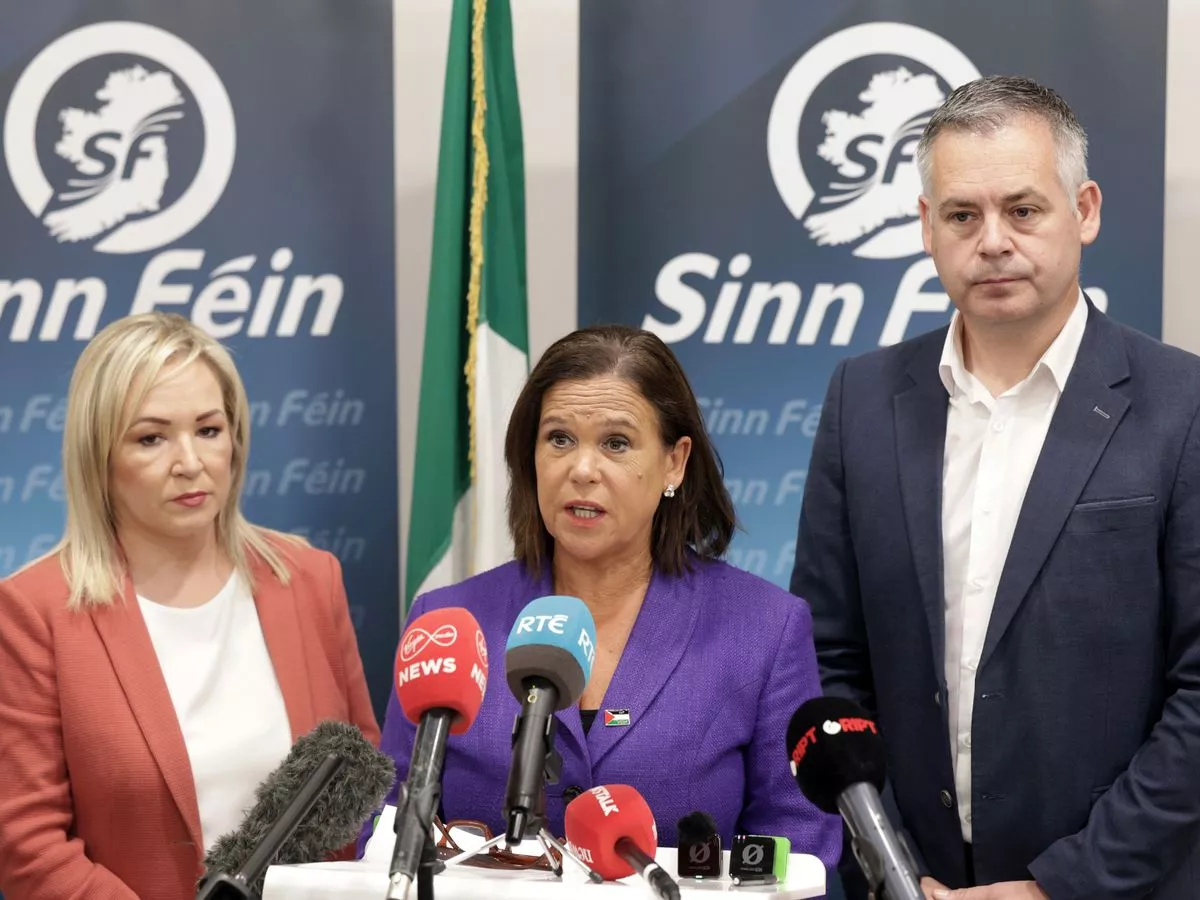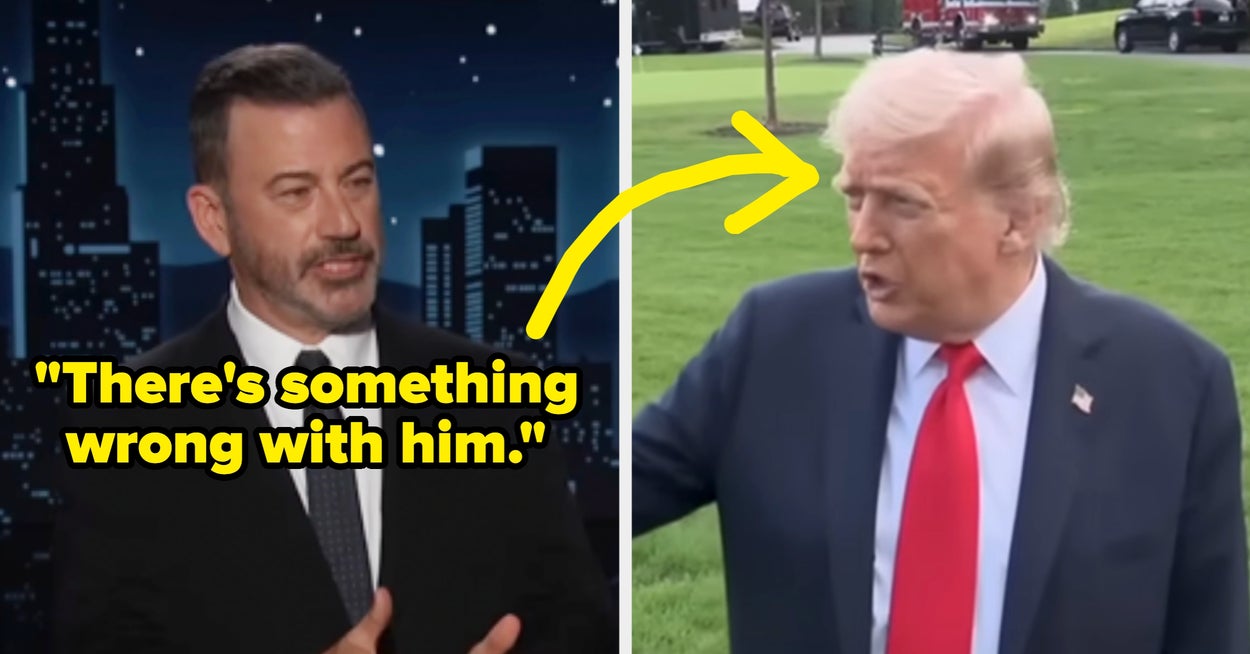
By The Herald Editorial Board
As were many, Elizabeth Doll was horrified by the slaying last week of conservative activist Charlie Kirk; for a number of reasons.
Doll works with Braver Angels, a cross-partisan, volunteer-led organization that seeks to bridge political divides and strengthen communities and the nation’s democratic republic. She is the “Red” co-chair of its Kitsap County Alliance, but has worked locally in Snohomish County in recent years, including with Snohomish County Council members Jared Mead, D-District 4, and Nate Nehring, R-District 1, in standing up their Building Bridges Project, which similar to Doll’s organization, has offered workshops to foster discussion and understanding among county residents and recently graduated its first class of high school students from its Future Leaders Academy.
Both efforts intend to bring together people of differing perspectives to share and understand the opinion of others, not necessarily to come to agreement, but to find mutual respect and acceptance.
The slaying also disturbed her, she said in an interview this week, because she works in the public and discusses politics — as Kirk did — among those often with opposing viewpoints.
And, she said, she knew Kirk when both were teenagers. In a Facebook post, Doll explains, Kirk, while they shared similar conservative perspectives, took turns that she strongly disagreed with.
While Kirk has been praised for engaging in debate, typically on college campuses with those he opposed, his interest in such debate was performative, more intended to curry approval among supporters and outrage among dissenters, and far less on comprehension of the opinion of others.
Kirk’s slaying has focused Doll and others with Braver Angels, intensifying the necessity of persuading participants to see each side of political debates, recognize the humanity of those on the other side and understand — if not necessarily agree with — their reasoning and values.
Doll has seen an encouraging thirst in communities for this type of outreach, with recent gatherings scheduled throughout the state nearly every other night for the coming month.
Doll has some concern that the reaction to Kirk’s slaying — especially the more raw and hostile posts on social media sites — could chill an exchange among the public, even among friends and family, especially when speaking one’s mind could be met with opposition among one’s peers.
In her Facebook post, Doll said such incidents of political violence require everyone to see their role in creating an environment where people who are more prone to violence see murder as justifiable.
“You and I must own our personal contributions to dehumanizing, apocalyptic speech,” her post reads. “If you’re a Democrat and you have Republican friends, now is an excellent time to call your friends, offer your condolences, and just listen.”
More broadly, she offered other advice in navigating political relationships.
Take some time away from social media, she said, and “touch grass.” Social media is a toxic nightmare that is being influenced by Russian, Chinese and other malign accounts bent on encouraging discord among Americas and playing up divisions. As well, social media algorithms, which often promote outrage, add to the venomous atmosphere.
Doll said she’s made a personal choice not to engage with the social media accounts of people she doesn’t know — and may not even be actual people — sticking with those she knows personally or are friends of people she knows.
Where there’s no familiarity and little accountability, it’s easier to engage in angry and performative exchanges.
“I don’t want to be a part of that. I think most people shouldn’t want to be a part of it,” she said.
Doll also encouraged some gentle coaching of boundaries among peers with whom one typically agrees, in particular when the discussion veers into hateful speech. It’s hard to push back against one’s own tribe, she said, but disrespectful rhetoric one hears from peers should be called out.
That includes, she said, satisfaction — even glee — in the death of a political foe.
It’s a choice of personal agency to see the humanity of others, especially those you disagree with, Doll said.
“You can resist believing that people on the other side are evil and out to hurt the country, and you can do something to ensure that you continue to think that you can talk to people who disagree with you,” she said, including Republicans who want to engage with the other side in debate and Democrats who can disagree with someone and offer space for opposing viewpoints as a path toward acceptance.
There’s every reason to want to build that mutual respect and understanding in our communities. Without it, we risk being mired — as the U.S. Congress often seems to be — in political gridlock as our state legislatures, our school boards, PTAs, county boards and city councils and even neighborhood groups descend into arguments that produce more heat than light and even fewer desired outcomes.
There’s also a risk to our basic First Amendment right to freedom of speech and assembly.
Already, we’re seeing from the Trump administration efforts to use the slaying of Charlie Kirk as justification to crack down on those President Trump describes as “radical left-wing lunatics,” those who engage in commentary that he and his administration — disturbingly including the Department of Justice — view as hateful or critical commentary of the administration and conservatives.
There have been explicit threats recently to speech, to assembly and the press.
This is not a warning, however, that we must behave ourselves to preserve our rights, that we must chill our speech to protect it.
We’re seeing that backlash against speech in the decision by a Bothell high school principal to step away from his position after an Instagram post — less than sensitive to Kirk’s death, but still protected speech that expressed frustration with yet another fatal shooting — drew criticism online and prompted an investigation by the school district.
It’s seen with the decision by ABC and many of its affiliates to pull late-night talk show host Jimmy Kimmel off the air indefinitely for his comments regarding the political leanings of the suspect in Kirk’s death; regardless of the accuracy of Kimmel’s statement, it — again — is protected speech.
The First Amendment, as upheld by the U.S. Supreme Court, specifically protects offensive words, phrases and actions; even burning of the American flag. An expansive view of the reach of the First Amendment best assures the rights of all.
Yet responsible use of the First Amendment is what solidifies the support of the American people for its protections and provides a necessary bulwark against those who seek to weaken those rights, limit the public’s ability to object to undemocratic actions, subvert the Constitution and solidify their hold on power.
That responsible use, in defense of the First Amendment and in the interests of good government at local, state and national levels, is our responsibility.
Doll, during community workshops, often hears appreciation that someone such as herself is doing this work to build understanding and bridge divides.
She, however, deflects the admiration and turns that responsibility around: “You are someone who can do this.”



